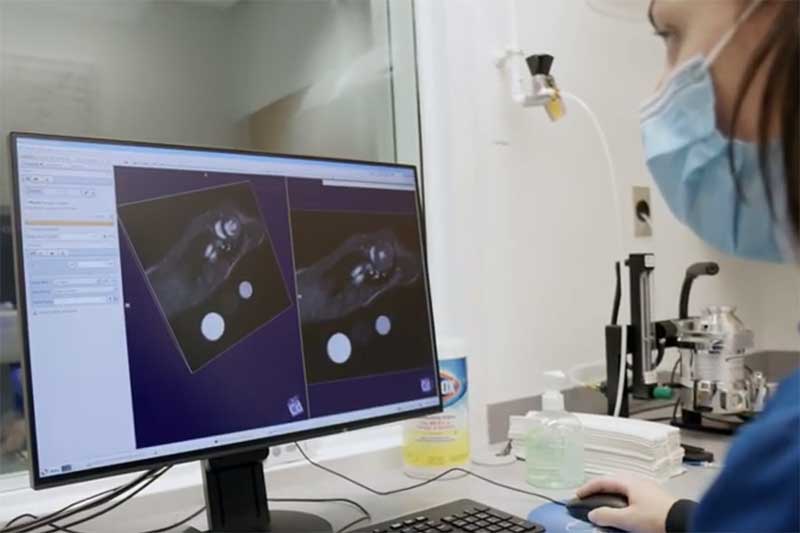Molecular, Cell and Tissue Engineering Concentration
In this concentration, research groups in molecular, cell, and tissue engineering develop living cells and tissues to address many of the most significant biomedical challenges facing our society today. These application areas include engineering biomaterials to coax and enable stem cells to form functional tissue or to heal damaged tissue; designing vehicles for delivering genes and therapeutics to reach specific target cells to treat a disease; and uncovering therapeutic strategies to curb pathological cell behaviors and tissue phenotypes.
At a more fundamental level, the field is at the nascent stages of understanding how cells make decisions in complex microenvironments and how cells interact with each other and their surrounding environment to organize into complex three-dimensional tissues. Advances will require multiscale experimental, computational, and theoretical approaches spanning molecular-cellular-tissue levels and integration of molecular and physical mechanisms, including the role of mechanical forces.
Curriculum Highlights
The curriculum includes courses that teach:
- Introduces the fundamentals of molecular structure and function that underpin engineering of biological macromolecules. Builds on this base with the application of design concepts for molecules and methods of structural and functional analyses and strategies for design and redesign of therapeutic molecules.
- Analyzes the techniques that form the foundation of molecular cell engineering, including recombinant DNA, cloning and genomics, prokaryotic and eukaryotic gene regulation and single-cell gene expression, structure, dynamics of gene regulatory networks, metabolism and cellular energetics, cell structure, cytoskeleton and cellular motors, synthetic gene circuits, and metabolic engineering.
- Applies the principles of biology and biomedical engineering to the creation of artificial organs for transplantation, basic research, or drug development.
Career Opportunities
Job opportunities in this field can go into industry, academia, or healthcare.
- Scientist
- Bioassay development
- Genome Engineering
- Protein Engineering
- Tissue Engineering
Our graduates and co-op students have been recruited to companies such as Euro Scientific, Apple, Johnson and Johnson, Emulate, Myeloid Therapeutics, United Therapeutics, Scismic, Moderna, CRISPR therapeutics, Abbvie.
